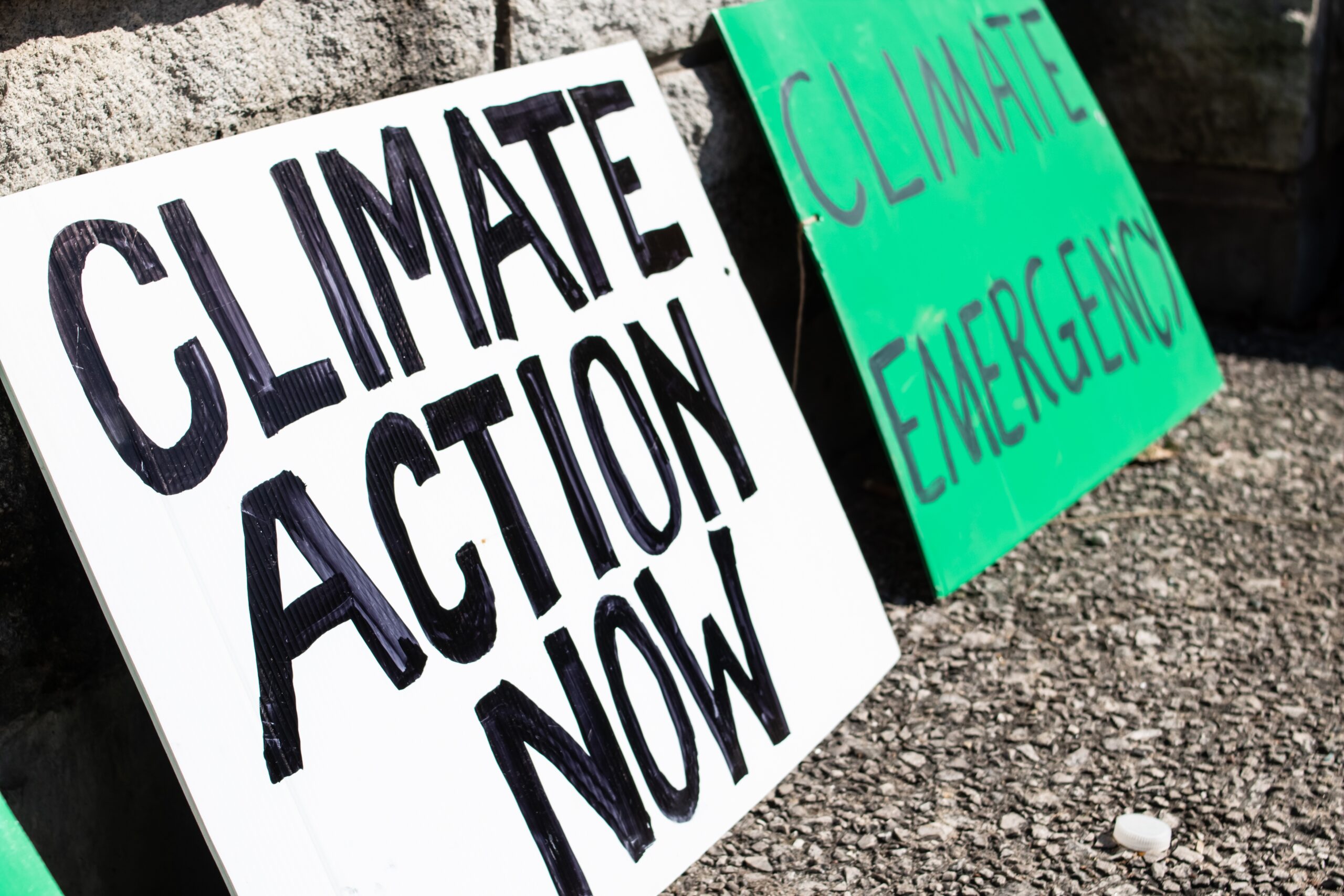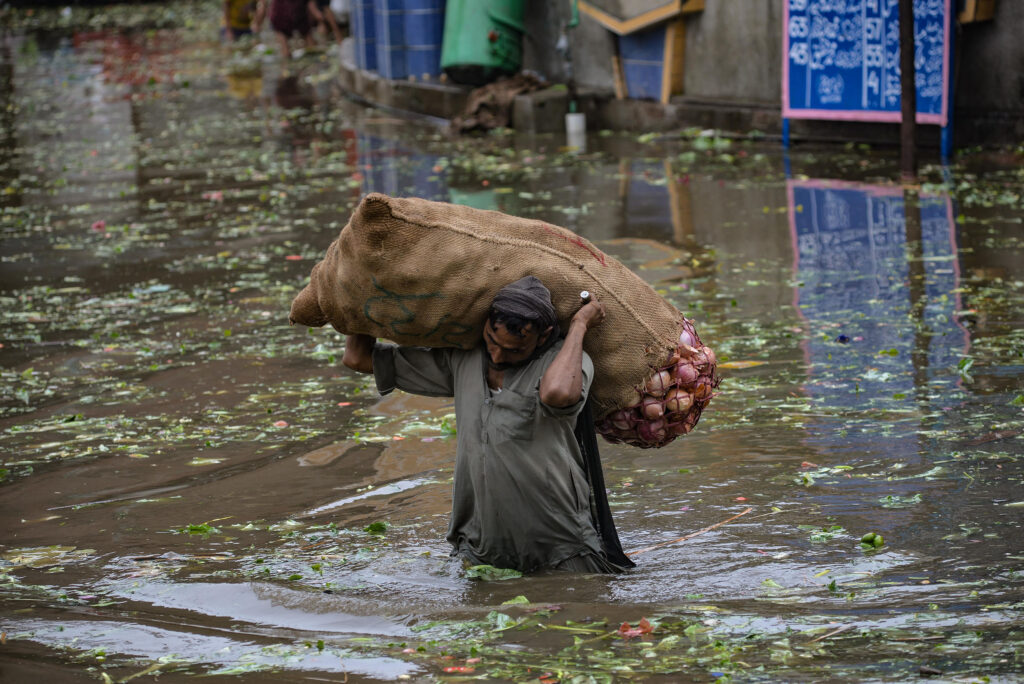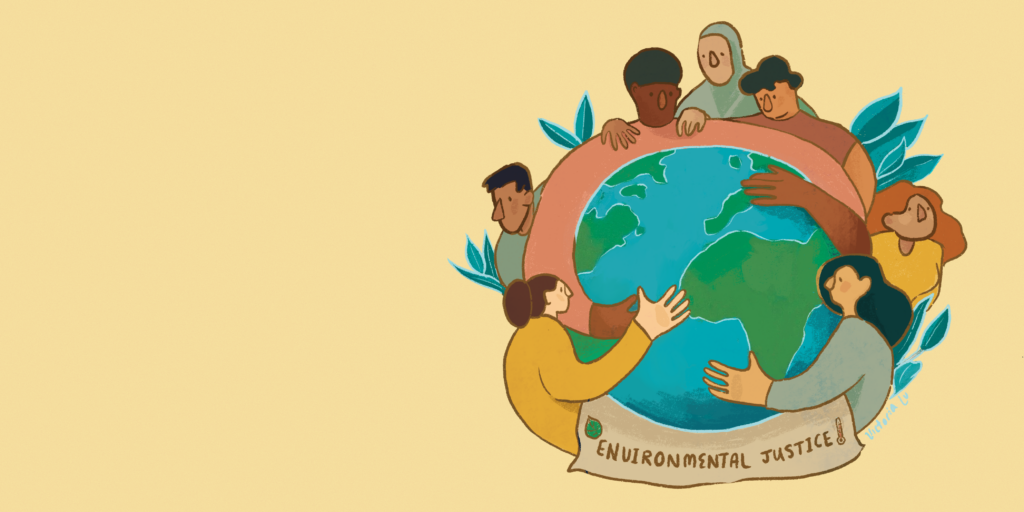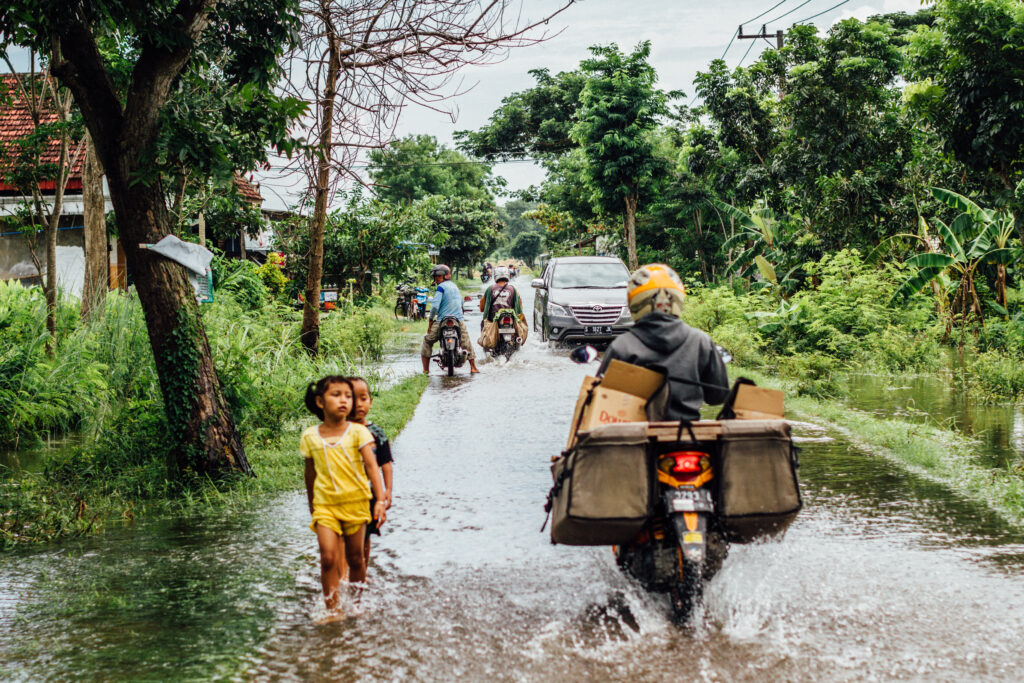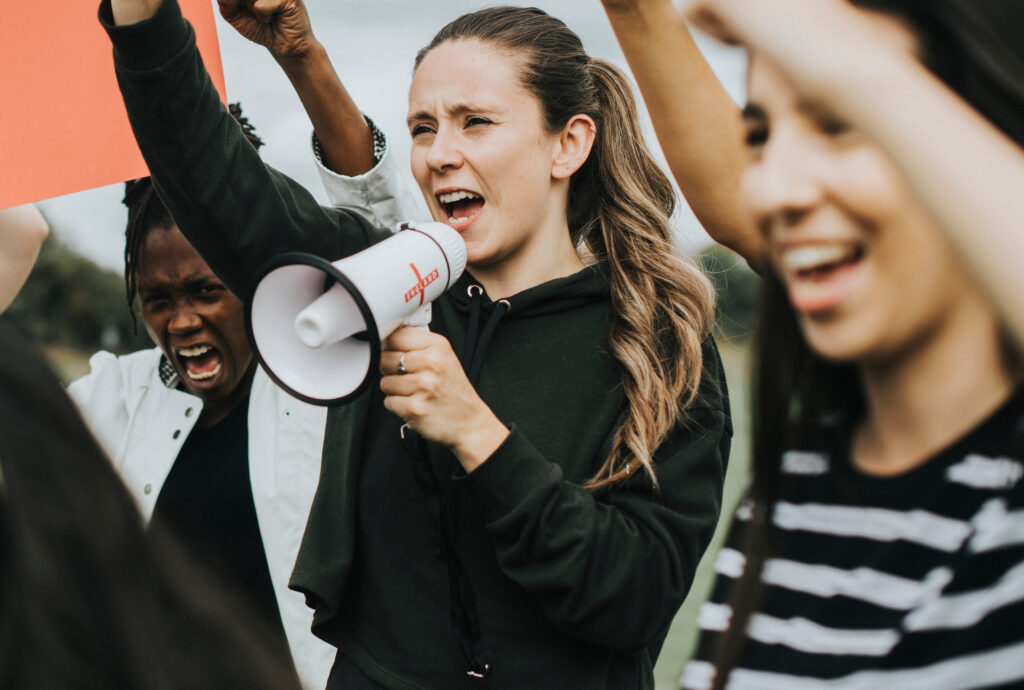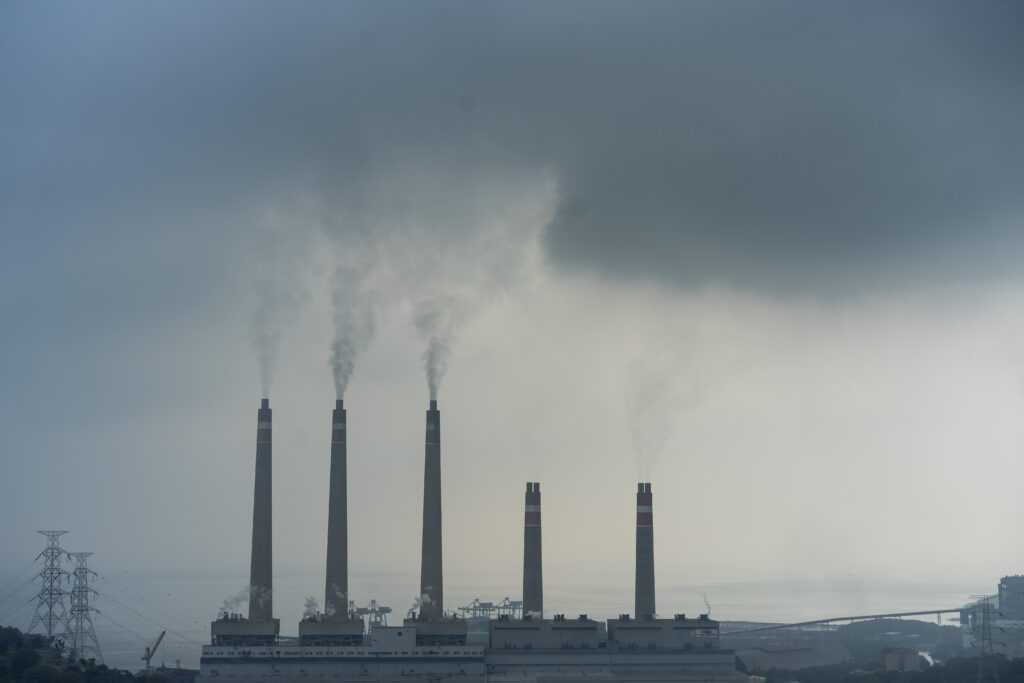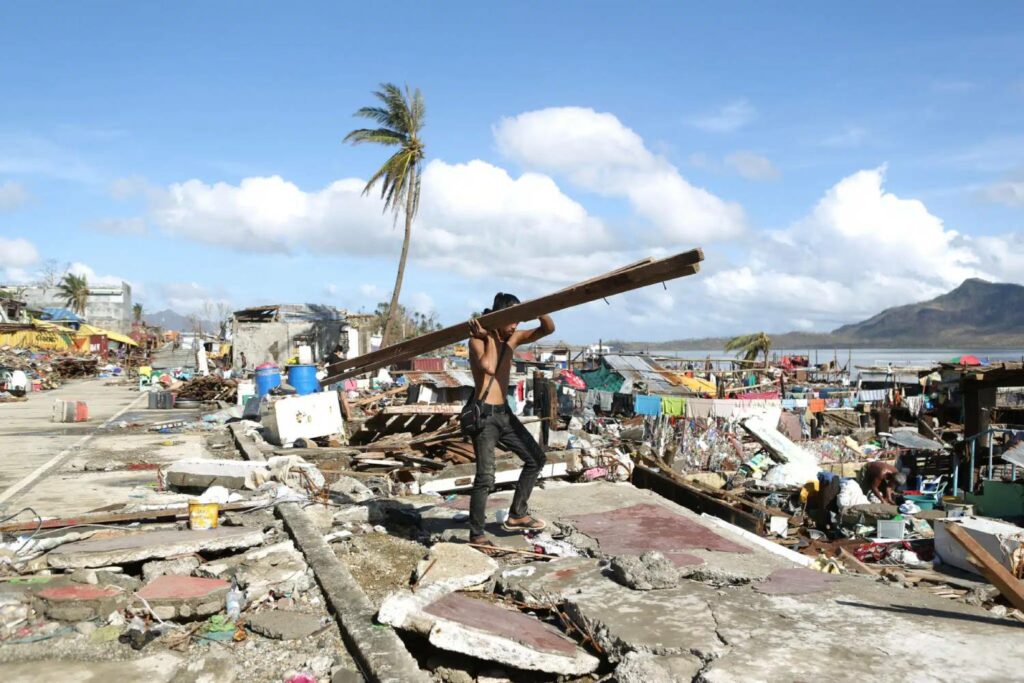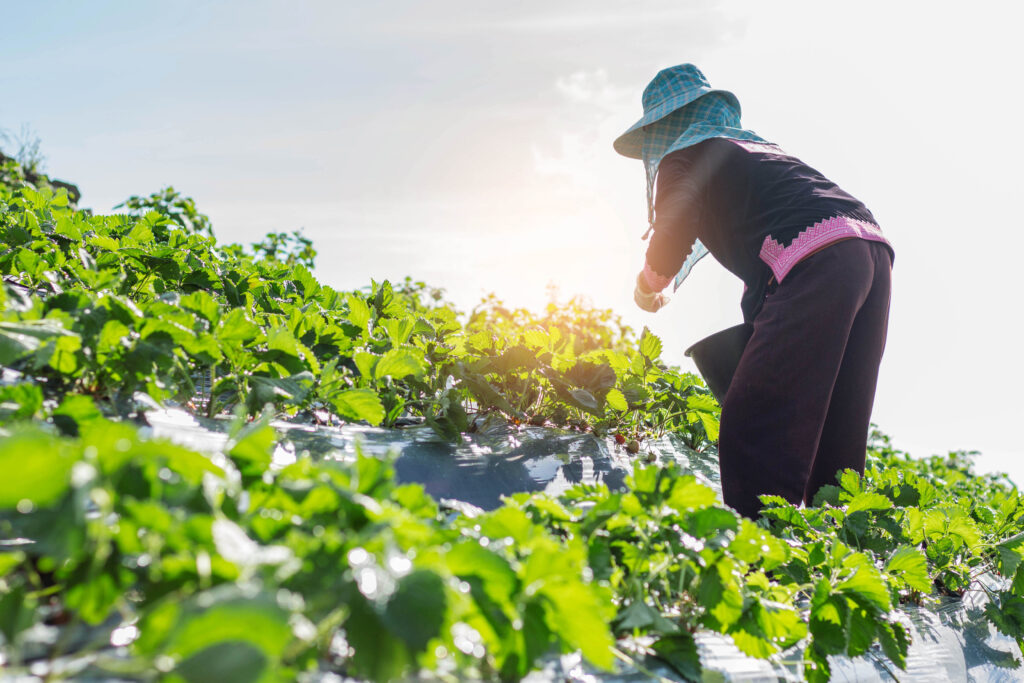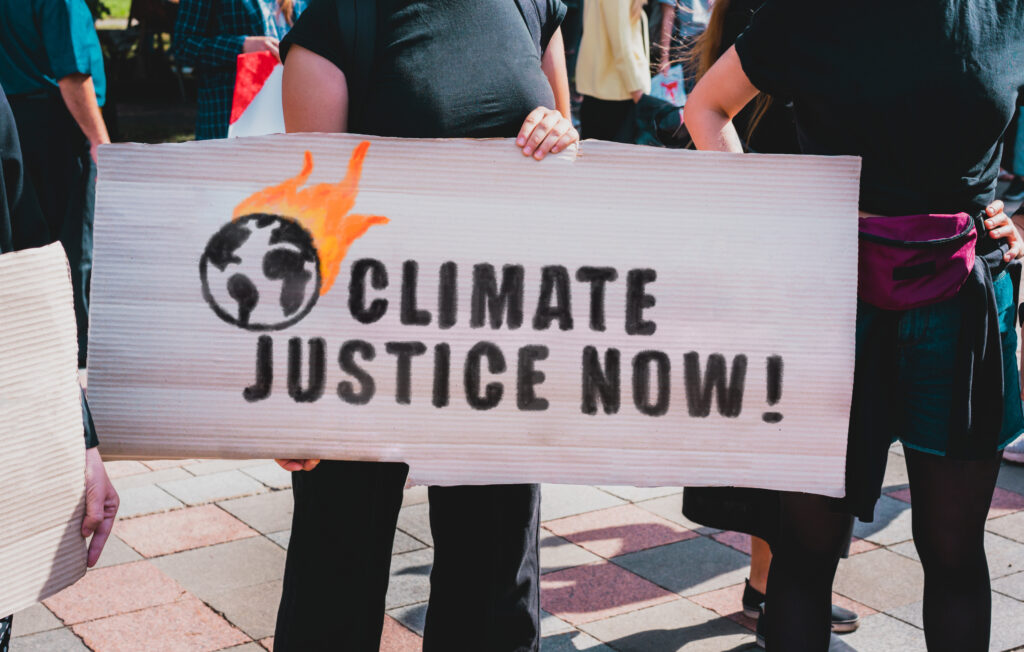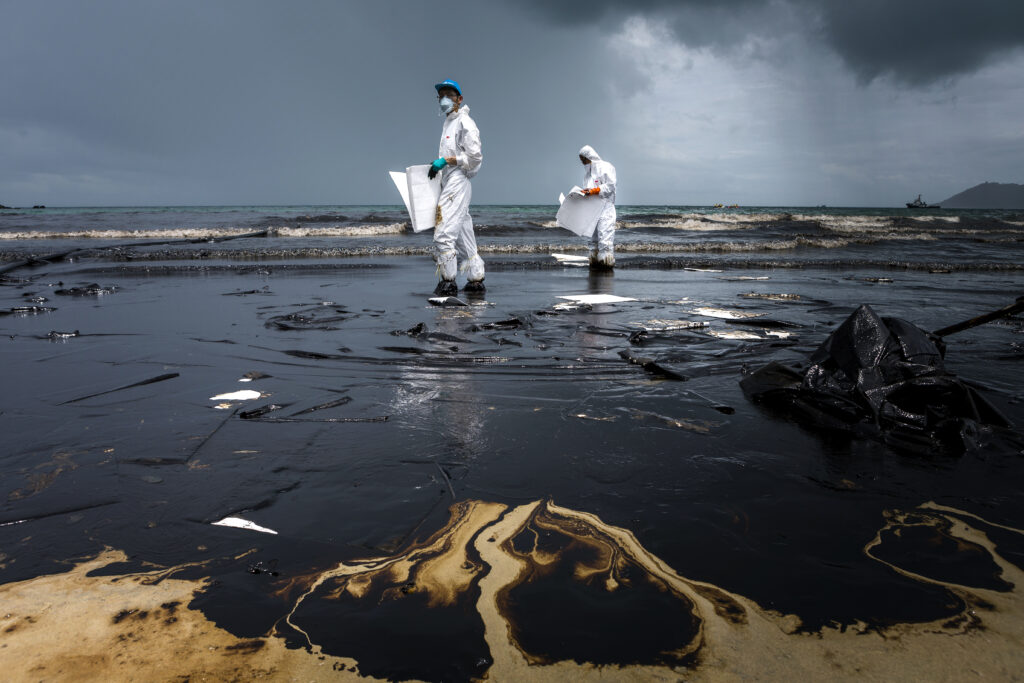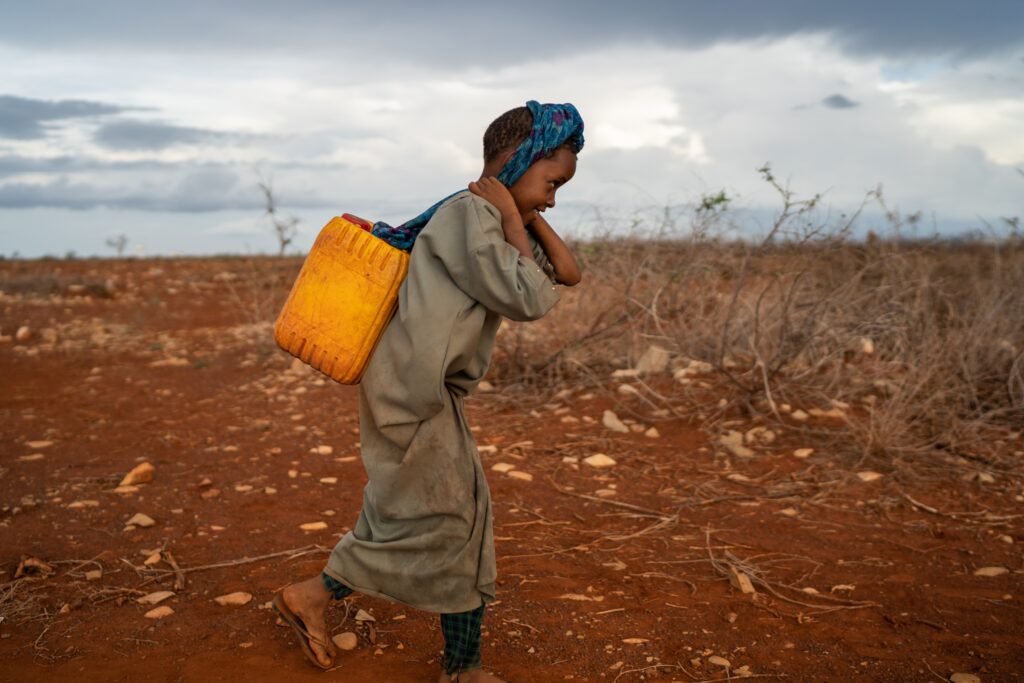Incorporating robust climate justice solutions into climate action is crucial to ensuring fair access to clean energy and safeguarding vulnerable communities. In recent years, there has been progress in recognising the importance of justice-oriented approaches to climate action — yet far more work must be done. While challenges remain, solutions exist at every level that can ensure a future that is fairer for all.
Strengthening Climate Change Action and Social Justice Together
Climate justice requires prioritising equity and human rights in climate change decision-making and action. When it comes to just clean energy projects, community engagement and empowerment are central. For example, top-down approaches that prioritise the interests of companies obstruct opportunities to address energy poverty and provide sustainable livelihoods. Instead, initiatives should involve local stakeholders in decision-making processes, create economic opportunities and foster social cohesion within communities.
Embedding climate justice in action can also ensure that clean energy projects benefit marginalised populations. Targeted investments in off-grid and decentralised energy solutions can reach remote areas excluded from traditional energy infrastructure, improving livelihoods and quality of life. Likewise, focusing efforts on the 2.3 billion people globally who continue to use wood, charcoal and biomass for cooking — which has grave health implications and impacts women and girls hardest — would bring rapid and multiple socioeconomic benefits to those most in need.
Community-owned clean energy cooperatives are a prime example of an inclusive and just project. Community-owned initiatives, like the one in Bangladesh’s Sundarbans, demonstrate the potential for clean energy solutions that benefit people and ecosystems alike. Through a partnership with the Bangladesh Environment and Development Society (BEDS), the Banishanta Union has become the country’s first solar-powered union. BEDS installed three solar energy stations, providing electricity to 17 villages and the union government building. Among many benefits, this initiative has empowered over 3,000 families with home solar panels or the rental of solar batteries, enabled more than 4,000 students to study and read at night and allowed local people to start small businesses and increase their incomes using community-owned solar electricity.
Correcting Historical Environmental Injustice with Solutions
In the pursuit of climate justice, solutions must also address the historical injustices and inequalities perpetuated by fossil fuels and other damaging industries. This includes acknowledging and correcting the disproportionate environmental and social impacts experienced by Indigenous peoples, low-income communities and communities of colour. Initiatives including land reparations and revenue-sharing agreements to redistribute resources can ensure that past injustices are not repeated.
Promoting gender equality and social inclusion is another crucial aspect of climate justice. Women and marginalised groups often face barriers to accessing clean energy resources and bear the brunt of climate change impacts. Despite this, women remain underrepresented in climate-related decision-making, meaning processes often overlook their specific needs and vital contributions.
Integrating gender-responsive approaches and promoting women’s leadership in climate action is, therefore, key to delivering more inclusive and effective solutions. In the words of Mary Robinson, former UN high commissioner for human rights and passionate justice advocate: “Climate justice means acting now, and it also means ensuring the diverse voices and needs of women are heard.”
Another critical aspect is intergenerational climate justice. Young people today have not significantly contributed to the crisis, yet they will bear the brunt of its worsening impacts in the future. They must also have a central role in all climate decision-making and action, states the United Nations.
Global Climate Injustices
At the global level, up to 3.6 billion people live in areas “highly vulnerable” to climate change. These climate change impacts are known to exacerbate economic inequality both internationally and within countries across all continents, undoing the progress of recent years. Adding to this, many of the most impacted nations have contributed the least to the crisis, having the lowest per-capita carbon emissions worldwide. To make matters worse, substantial debt burdens – largely stemming from colonialism – dramatically hinder their ability to invest in vital climate adaptation and mitigation efforts.
Climate Justice Solutions for Vulnerable Nations
These monumental global issues pose critical climate justice problems, but there are solutions. For example, debt relief would unlock billions of dollars for climate resilience, clean energy development and other initiatives to mitigate vulnerability to climate change.
Implementing a robust loss and damage mechanism is also crucial. This would address harms caused by climate change, primarily through emissions from wealthier countries in the Global North. Such provisions would offer financial support to nations recovering from climate-induced losses that they have contributed little towards.
Listening to the voices of the most vulnerable nations, such as those in the Pacific as well as low-lying coastal states, is also imperative for justice. These nations face the most dire consequences of climate change and are calling for a global fossil fuel non-proliferation treaty to ensure their future survival. While such calls align with the latest science on limiting catastrophic runaway climate impacts, support for this vital treaty remains marginal.
Addressing the structural inequalities perpetuated by climate change and prioritising the needs of the most vulnerable are critical to advancing climate justice solutions and building a more equitable and sustainable future for all. Yeb Saño, executive director of Greenpeace Southeast Asia, says that pursuing climate justice means standing up for every kind of injustice. “We must hold those responsible to account, make them stop the damage they wilfully cause, and rally the whole world to end the fossil fuel era.”
Evelyn Smail
Writer, United Kingdom
Evelyn is a freelance writer and journalist specialising in climate science and policy, the just energy transition and the human impacts of climate change. She writes for independent publications, NGOs and environmental organisations. Evelyn has a background in sustainable development, climate justice and human rights.
Evelyn is a freelance writer and journalist specialising in climate science and policy, the just energy transition and the human impacts of climate change. She writes for independent publications, NGOs and environmental organisations. Evelyn has a background in sustainable development, climate justice and human rights.

